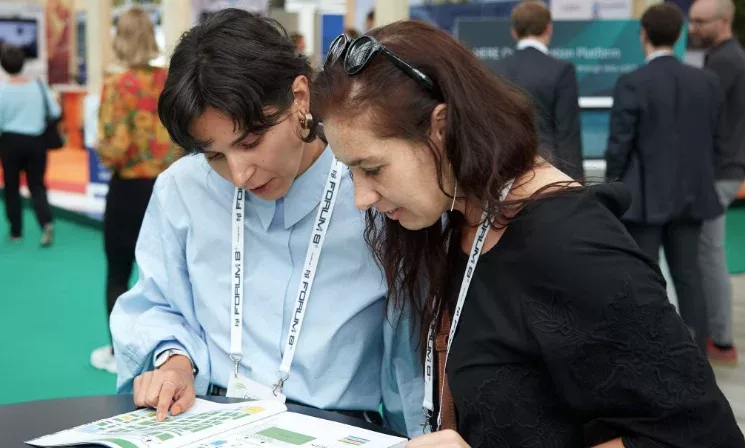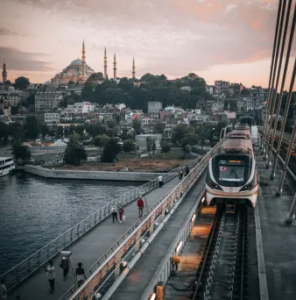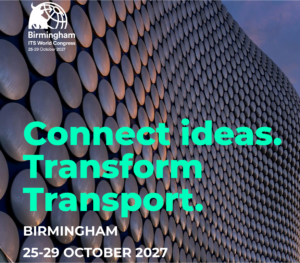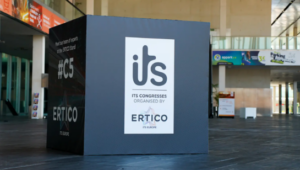Much like the multifaceted nature of the Olympic Games, The ITS World Congress in Dubai offers a multitude of concurrent events, leaving attendees faced with the delightful challenge of choosing where to direct their attention. Hence, we bring you these ‘spotlight’ reports, designed to illuminate just a few of the approximately 50 sessions held each day, providing insights into the most compelling discussions and developments.
Kicking off the first day of our exploration, Monday 16 features three Strategic Futures Sessions (SFSs). Most Congress discussions are a mix of reporting on what is known from what has been done combined with some forward-looking thoughts. The SFSs are selected for their intense focus on the future directions ITS technologies and policies are taking and the implications for mobility strategy and service delivery.
There are three examples. SFS 1 starts from the reality that despite years of research and investment, cities still suffer from traffic congestion, emissions, and safety. It will investigate what benefits we might get from Artificial Intelligence and new data handing processes to see if these problems really are incurable.
SFS 2 is all about breaking boundaries: Can we construct a global cooperative network for ITS technology transfer, knowledge transfer, and market supply and demand. Can we move a step towards connecting everything and everyone?
SFS 3 looks at future solutions for cities. Munich is a large “real-world” laboratory for automated driving such as autonomous buses and on-demand shuttles. The city emphasises the seamless integration of shared mobility solutions with public transport through mobility hubs. This session tries to answer the question “What next?”
Register now to benefit from the early bird rates: https://itsworldcongress.com/registration/
(Pic – ERTICO)
























